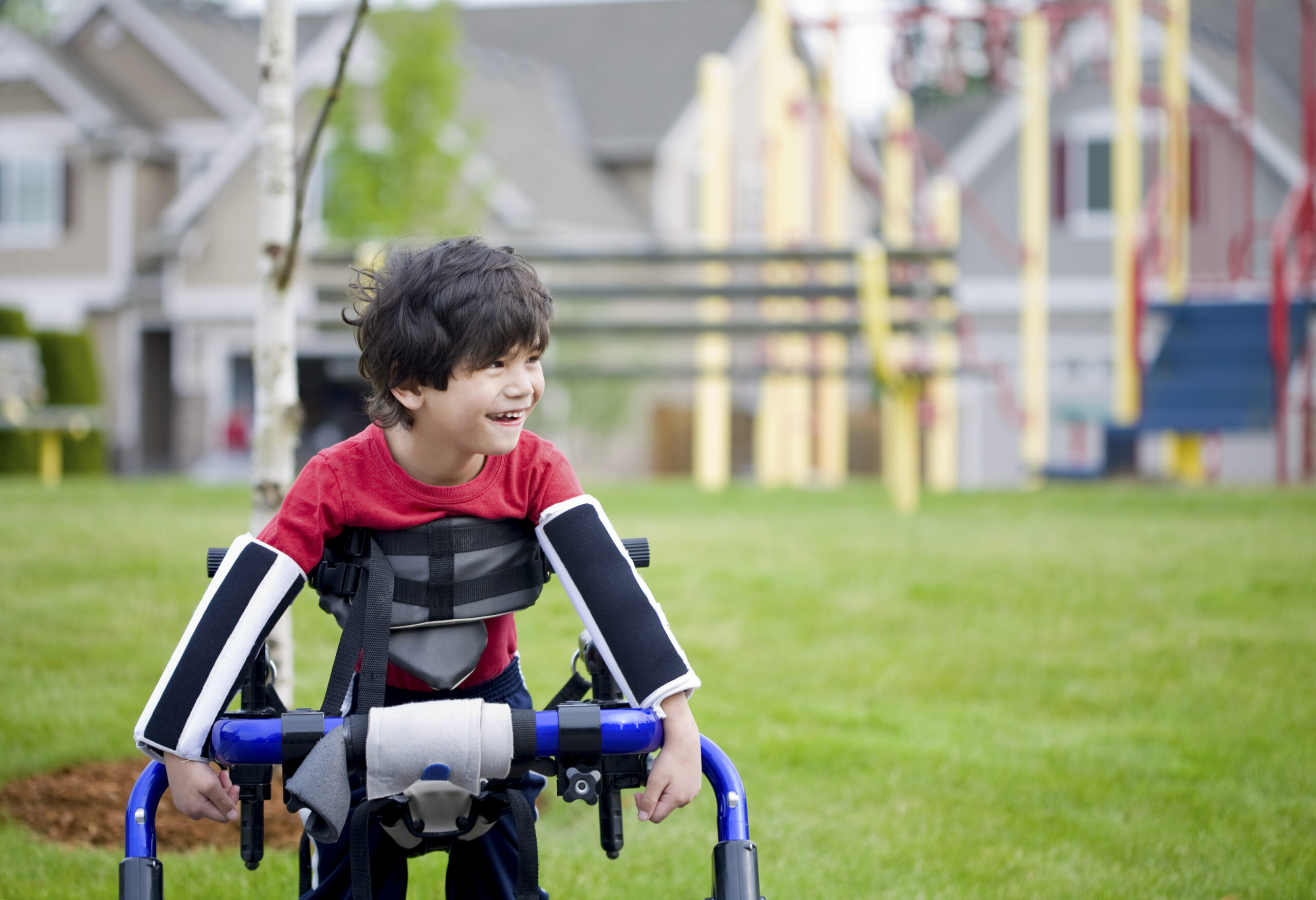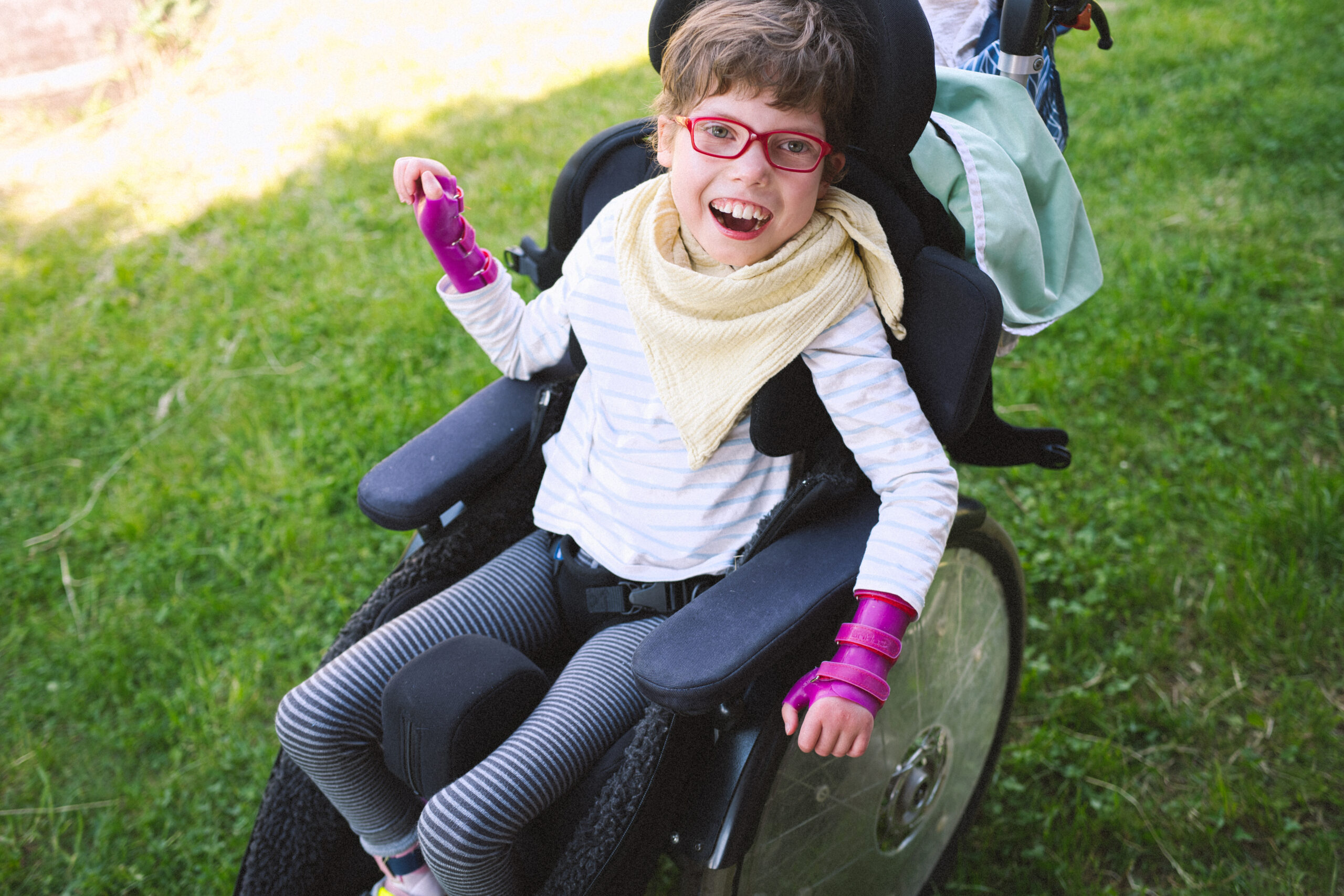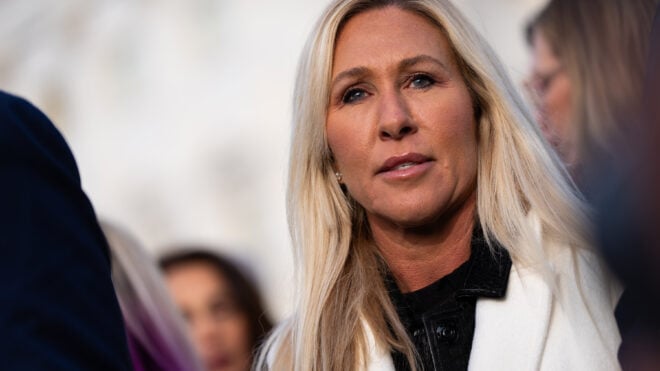
A lot can go through your mind when your child is diagnosed with a disability. It's OK if one of those things isn't immediately, "How can we adapt our backyard to make it accessible for our child?" but at some point, that might be something that you want to do.
Many parents who have the space and ability to do so prioritize turning their homes and yards into play spaces for their kids. Happily, many spaces can be adapted for children who have physical and cognitive disabilities as well, often with only a little bit of ingenuity.
Add an Adaptive Swing Set

Swinging is a really great activity for just about anyone. Swinging can be quite calming while simultaneously stimulating muscle tone and movement, which is what makes adding an adaptive swing set to your yard a great idea.
There are several types of swings that can meet a variety of needs and abilities. These include wheelchair swings, which allow parents to secure their child's chair onto a platform, and cocoon swings, which can help kids who feel overstimulated to regulate their emotions.
Turn Your Yard Into an Oasis for Animals

Another fun idea for creating a backyard space for kids of all abilities is to intentionally design your yard as an oasis for animals such as birds and squirrels. You can add bird feeders, baths, squirrel feeders, and more. Your child can help you find locations for each feeder, and then you can sit outside together and wait for your new animal friends to show up.
Incorporate Art Into Outside Play

Outside play doesn't always have to be something that is purely about physical activity. While some disabled kids can have a harder time with artistic pursuits such as painting and drawing, being outside in a larger space can help make that easier.
In fact, using a tool such as sidewalk chalk that is larger in size than the standard indoor chalk could go a long way toward making outdoor art activities inclusive for everyone. Another idea: Take a painting easel out into the yard and let your child's imagination wander.
Create Sensory Zones

Some children who have cognitive and developmental disabilities can benefit from play that is focused on sensory experiences. One way to turn your yard into a sensory zone is by creating a sound garden — and you need only string, plastic bottles, and maybe a few metal spoons. Tie one end of the string to your bottles or spoons and the other end around a branch and then let your child explore the different sounds the objects make on their own and together.
Water is another way to introduce sensory zones outside. There are few things as fun as a sprinkler on a hot day, but if that is too much for your child, you can make things easier by filling up buckets with different amounts of water and encouraging your child to engage in some way (with their hands, with toys, and so on).
Tips for Adding Accessible Features to Your Yard

If your child requires a mobility device to help them move from point A to point B, you might need to explore ideas for adapting the physical features of your yard around the device. Luckily, this doesn't have to be too hard. Here are a few things to keep in mind:
- There are often local services that can help you assess whether or not you can add paths and handrails to your yard.
- You might need to install a fence around the entire perimeter.
- Children who are easily overstimulated will probably benefit from having a cool place where they can sit and gather their thoughts.
What to Keep in Mind

Kids of all abilities can and do benefit from time outside, no matter how it is structured. With the right focus and attitude, parents can adapt any number of experiences for their child's needs, and creating a backyard that everyone can enjoy is just one of those experiences.







